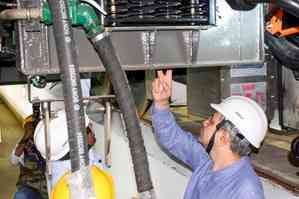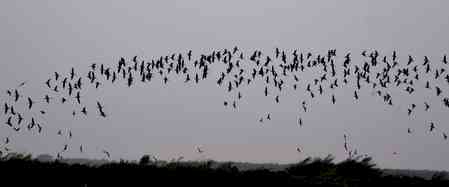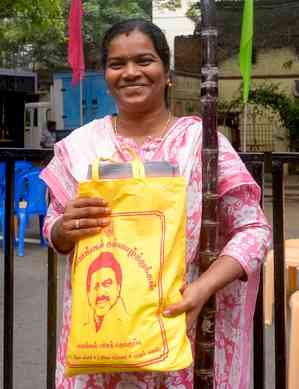Quote by Dharmakirti Joshi, Chief Economist, CRISIL Ltd on CPI and IIP data release today

"Pricey food leads to sticky headline inflation
Consumer price inflation (CPI) stayed put at 5.1% in February as food inflation surged higher. Core inflation — down now to a 52-month low of 3.4% — could not entirely offset the pressure from food.
While the kharif harvest has been helping in the softening of foodgrain inflation, vegetables yet again are playing spoilsport.
The pressure from vegetables is broad-based. Inflation in ‘TOP’ (tomato, onion, potato) darted up to 22.7% from 18.1% in January, while the non-TOP category inflation rose to 34% from 32.2%.
Meanwhile, softer core inflation and even non-food inflation (at 2.9%) remains a relief. This, along with the government’s pursuit of fiscal consolidation, should comfort the Monetary Policy Committee (MPC) of the Reserve Bank of India and create grounds for rate cuts in the months to come.
But persistently high food inflation can delay the move till there is clarity on rabi output (harvested in April and May) and the signal on forthcoming southwest monsoons by June.
We expect CPI inflation to continue to soften next fiscal to 4.5% from an estimated 5.5% this fiscal, supported by the assumption of a normal monsoon, softer domestic demand, and benign global oil prices.
Given all this, the MPC might hold the repo rate steady till at least its June policy review.
Industrial activity a mixed bag
The Index of Industrial Production (IIP) has been quite volatile, growing 3.8% on-year in January, compared with 4.2% in December and lower than street expectations. Meanwhile, December’s reading was revised up from the previous estimate of 3.8%.
Infrastructure and construction goods, the primary driver of IIP growth this year, moderated in January reflecting government capital expenditure. Consumption-oriented sectors displayed an uneven trend with non-durables much weaker than durables. Export-oriented sectors were mixed with the production of textiles and machinery picking up but petroleum and chemical products slipping.
While investments have driven the surge in GDP growth this fiscal, they could lose some steam as the government pursues fiscal consolidation next year.
A pick-up in private capital expenditure is critical to sustain investment momentum. The full transmission of the MPC’s rate hikes and regulatory measures on credit growth are expected to moderate domestic demand. Uneven global growth could also restrict export recovery.
Consequently, we expect GDP growth to slow to 6.8% next fiscal from 7.6% in this fiscal."


 City Air News
City Air News 










